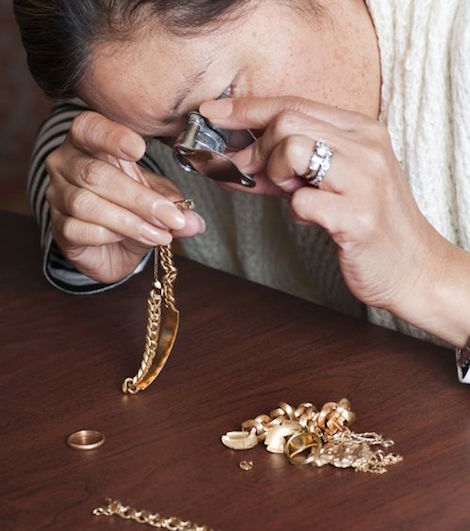Steering the Complexities of Selling Precious Metal to Buyers in a Challenging Market
Transacting precious metals can be a lucrative experience, but it also comes with its own array of challenges. In a fierce market, grasping how to maneuver the selling process is essential for getting the best price for your gold. Whether you are selling jewelry, currency, or bars, knowing the appropriate measures to take can help you maximize your profits. This guide will explore the key factors to consider when transacting precious metals, including industry trends, appraisal, and locating the suitable clients.One of the initial aspects to evaluate when offloading precious metals is the present market trends. Gold valuations vary based on various elements, including financial conditions, inflation rates, and global demand. Keeping an eye on these trends can help vendors determine the best moment to sell. For example, if the value of gold is high, it may be a favorable opportunity to sell. Conversely, if valuations are diminished, it might be wise to hold off until they increase. Researching market trends can provide valuable information and help sellers make informed choices.
Appraisal is another crucial factor of selling gold. Before putting gold on the market, it is essential to understand its value. This involves understanding the quality of the gold, which is assessed in karats, and the weight of the piece. Vendors should consider obtaining their gold appraised by a certified expert to ensure they have an exact assessment. An appraisal can provide a clear comprehension of the gold's current worth, which can help in negotiations with prospective buyers. Knowing the worth of the assets can also prevent sellers from taking offers that are too low.
Finding the appropriate buyers is essential in a fierce market. There are multiple options available for selling precious metals, including pawn shops, digital platforms, and specialized gold buyers. Each option has its advantages and cons. For instance, pawn shops may provide quick cash but often at lower valuations, while online platforms can provide access to a broader audience but may demand more work to list and transact the items. It is crucial for sellers to investigate potential clients and choose the one that matches with their selling objectives. Establishing relationships with trustworthy clients can click now also lead to improved offers and a smoother selling experience.
When selling gold, it is also crucial to be aware of the legal and ethical considerations involved. Sellers should make sure that they are complying with regional laws regarding the transaction of precious metals. Additionally, being open about the state and history of the assets can build confidence with clients. Ethical selling practices not only protect the seller but also add to a favorable reputation in the market. This can result to recurring business and recommendations, which are valuable in a competitive landscape.
In conclusion, selling precious metals in a fierce market demands careful planning and evaluation. By staying aware about industry trends, understanding the valuation of gold, finding the appropriate clients, and complying to legal and ethical guidelines, sellers can maneuver the complexities of the precious metals market effectively. With the right approach, transacting gold can be a profitable experience that meets the seller's monetary needs.
